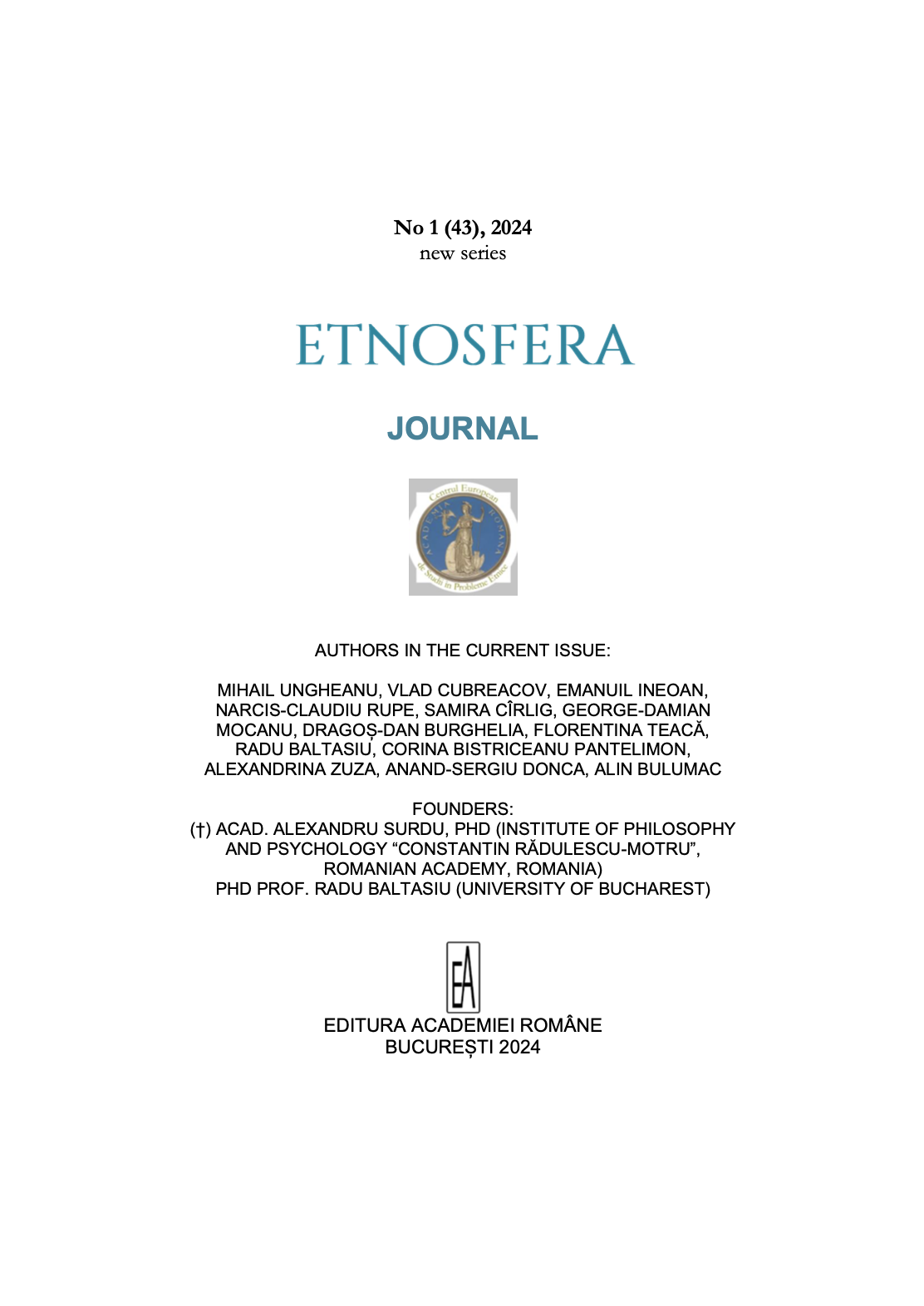HUNGARIAN ESPIONAGE IN ROMANIA 1918–1940
HUNGARIAN ESPIONAGE IN ROMANIA 1918–1940
Author(s): Alin BulumacSubject(s): History, Ethnohistory, Local History / Microhistory, Social history, Recent History (1900 till today), Interwar Period (1920 - 1939), WW II and following years (1940 - 1949), Fascism, Nazism and WW II
Published by: Editura Academiei Române
Keywords: Trianon;Hungarianization;espionage;Transylvania
Summary/Abstract: The book represents the fruit of a concern, which derives from the sense of duty and conscience towards the homeland, of a Romanian who will remain anonymous in the ranks of written history. Also in the unknown logic of destiny is the fact that a relative of this officer kept this manuscript hidden until December 21, 1990, a moment he considered to be an opportune moment for publication and through the kindness of Mr. Ioan Dumitru, the pages of the manuscript knew the ink of the Concordia publishing house in Timișoara. The wish of the counter-intelligence officer from the Romanian espionage service, to leave a manuscript to the next generations, which consists in clearly mentioning the dangers and the gaps of the organization of the Romanian administration, with the specific purpose of eliminating them as well as the risk of creating new territorial seizures, the fear rising to the level of the disappearance of Romania as an independent and sovereign state. The fate of the author will remain unknown but taking into account the fact that he wrote the lines of this book in 1942, in the middle of the Second World War, when Romania was directly under the military pressure of Nazi Germany, after significant territorial losses, directly underlines the importance of the moment of the beginning and organization of the Hungarian espionage service, whose infrastructure was created with the support of Germany, from before the First World War. The author himself confesses at the very beginning of the book that he bled from the young age of 18 for the integration of the country he loves “more than anything in this world”, a fact that indirectly indicates to us that the author of the manuscript is one of the heroes who have fought in the war of national reunification and put the national ideal of Greater Romania before everything else. The novelty that this book presents lies in the fact that regardless of the size of Budapest’s effort, both internally and externally, to consider itself wronged in the face of history and the Trianon treaty, the Hungarianization process continues with even more intense force compared to the dualistic period. The territorial rapture dictated from Vienna represents nothing more than the consequence of a whole series of activities in the field of cultural diplomacy of Budapest, regarding the historical revenge directed against the Trianon treaty. It is true that the level of hardness is not as high, but the increasing subtlety of the Hungarianization phenomenon demonstrates Budapest’s active and continuous concern to regain lost territory.
Journal: Etnosfera
- Issue Year: 43/2024
- Issue No: 1
- Page Range: 169-176
- Page Count: 8
- Language: English

